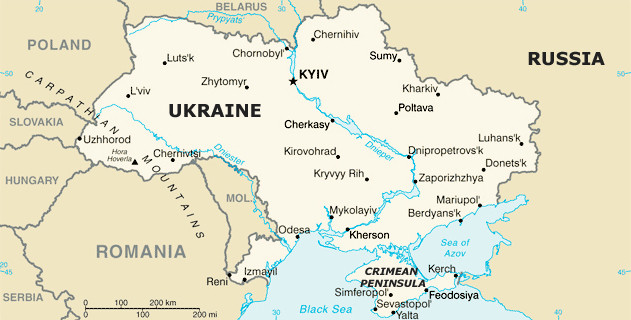JRL NEWSLINK: “We Fight How We Can’: Russian Views on Ukraine’s Counteroffensive — How It Happened and What Comes Next” – Russia Matters

After Russian forces suffered their worst setback in months—driven from key towns by Ukraine’s counteroffensive in the Kharkiv region—much of the response in Russia’s pro-war camp this week fell into three categories: spin, spleen and silence. The Kremlin mostly kept mum, minimizing Ukraine’s achievements even as Kyiv claimed it had liberated more than 2,000 square miles and vowed to press on with offensives not only in the east but in the south. (As Russian soldiers abandoned logistical hubs in eastern Ukraine, President Putin spent his Saturday inaugurating a Ferris wheel.) Russian diplomats took nearly all week to come out with comments, ultimately accusing the U.S. of prolonging the conflict through its support for Kyiv.1 In contrast, Russian and pro-Russian officials close to the fighting—mostly from the fringes of Moscow’s domain—criticized Russia’s military, as did jingoistic Russian war bloggers. This camp hardly saw Ukraine’s counteroffensive as a coup de grace but cautioned that Russia had to learn lessons from the setback, with some particularly shrill voices calling for overhauls in strategy, censure for commanders, general mobilization and even nuclear strikes. Other relatively pro-Kremlin military experts were more cautious in pointing out the army’s mistakes, while propagandists on state TV spent a few days grasping for explanations until finally settling on a tried and tested approach of the past decade: blaming the West. Finally, liberal-leaning analysts and activists spoke of systemic problems in the Russian military but did not see Kyiv’s recent success as “decisive.”
Here are some of the ways Russian newsmakers, across the political spectrum, explain the recent setbacks suffered by the Russian military in eastern Ukraine and what they might mean for the rest of the war and for Russia:
Key among the causes:
1. Dearth of qualified, well-trained and well-equipped military personnel: Different commentators emphasized different aspects of this problem—from uneven capabilities “at all levels” and “careless use of people” to ill-prepared recruits and more men on paper than on the ground.
2. Unwarranted optimism among the Russian military-political leadership: One Russian, formerly a separatist defense chief in eastern Ukraine, speculated that Moscow’s high command expected “only passive defense” from the Ukrainians, not “a large-scale offensive on several fronts at once.” This rosy view was particularly short-sighted since the Russian defensive lines were spread thin and poorly manned.
3. Hand in hand with the excessive optimism came poor planning and slow reactions early in the counteroffensive. One Donbas separatist commander argues that intelligence about the Ukrainian onslaught was available, but Russian commanders had not put in place an “effective system of responding.”
4. When in doubt, blame the West: Pro-war Russian officials, “ultra-patriotic” bloggers and talking heads all pointed fingers at the U.S. and its allies, blaming them in part for the setbacks, but their angles varied. Some merely pointed to Western supplies of arms and intelligence (indeed, Washington and its allies not only supplied both in large quantities but reportedly helped the Ukrainians plan their offensive). Others echoed earlier claims about Kyiv’s “Western overseers,” called U.S. aid to Ukraine a money-laundering scheme and pushed the dubious claim that “huge numbers of foreigners” fought on Kyiv’s side and Ukraine would have achieved nothing without them.
5. What about Ukraine’s role? It was surprising to see that, even among opposition-minded Russian commentators, there was precious little credit given to Ukraine’s political-military leadership for making good use of the West’s help and doing well in the planning and execution of the Kharkiv/Kherson operations.
Key among the consequences:
1. Russian forces in the east are now more vulnerable, at least in the short term, and Russia’s reputation as a strong country with a strong military has been shaken;
2. Redeploying troops and weapons from east to south will be more difficult while Ukraine pursues offensive actions there as well;
3. More likely than not, the counteroffensives in the east and south have not become the turning point in the war thus far.
4. “Referenda” for Russian-controlled Ukrainian territories to vote on becoming part of Russia, until recently planned for Nov. 4, will probably be postponed.
To read in more detail how 20+ Russian officials, experts, journalists and others view the causes and consequences of Russia’s military setbacks in eastern Ukraine, explore our selection of quotes below. …
